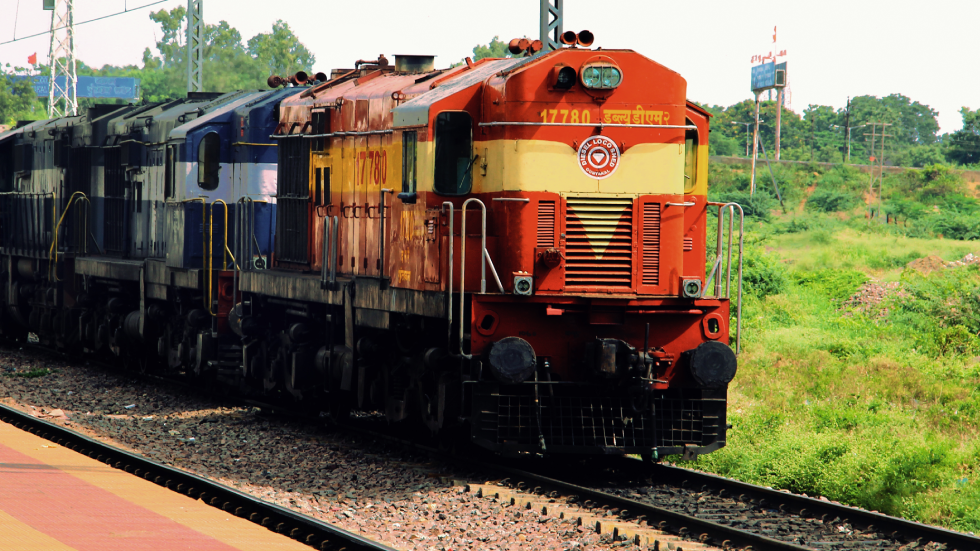In a recent address at the India Today conclave, Prime Minister Narendra Modi outlined an ambitious roadmap for India’s infrastructure development, with a particular focus on transforming the Indian Railways over the next five years. Significant funding has been allocated to the National High-Speed Rail Corridor Limited’s bullet train project, increasing its budget to Rs 25,000 crore. Once operational, this project will dramatically reduce travel time between Mumbai and Ahmedabad to just three hours.
The government is also prioritizing the introduction of Vande Bharat trains, with plans to operationalize 4,500 of them by 2047. Currently, 82 second-generation Vande Bharat trains are in operation across the nation. Additionally, the introduction of 50 Amrit Bharat trains in the upcoming fiscal year aims to enhance passenger experience on non-Vande trains. The government plans to manufacture 1,000 new trains of this variety, with models capable of reaching speeds of 250 kmph.
The Amrit Bharat scheme also focuses on the redevelopment of 1,309 railway stations nationwide, improving amenities, cleanliness, and accessibility. Indian Railways aims to halt waitlisting completely by 2030 by increasing daily train trips by 3,000, accommodating over a billion passengers annually. A budget of Rs 1 lakh crore has been allocated to replace old rolling stock with 7,000-8,000 new train sets.
To address congestion on key corridors, a 10-year scheme worth Rs 4.2 lakh crore has been proposed to target multi-tracking on seven high-density lines. This includes plans for doubling and tripling tracks based on traffic demand, along with the construction of flyovers and underpasses. Moreover, 40,000 train bogies are set to be overhauled to improve passenger experience, with a budget of Rs 15,200 crore.
The National Rail Plan 2030 aims to identify new dedicated freight and high-speed rail corridors and increase the average speed of freight trains to 50 kmph. This forward-looking plan aims to boost the modal share of Railways in freight transportation to 45 per cent by 2050. With a total investment of Rs 1,15,399 crore, the plan targets completion of 58 Supercritical Projects and 68 critical projects by 2024.
These projects will not only enhance transportation infrastructure but also create significant employment opportunities and contribute to regional development. In conclusion, these initiatives represent a concerted effort to establish a modern, efficient, and environmentally friendly rail infrastructure, positioning India as a global leader in railway development.

